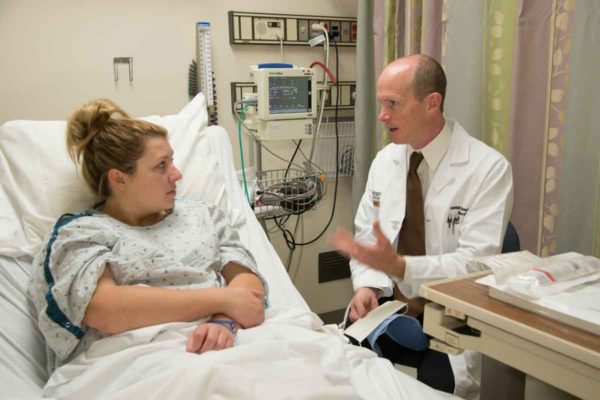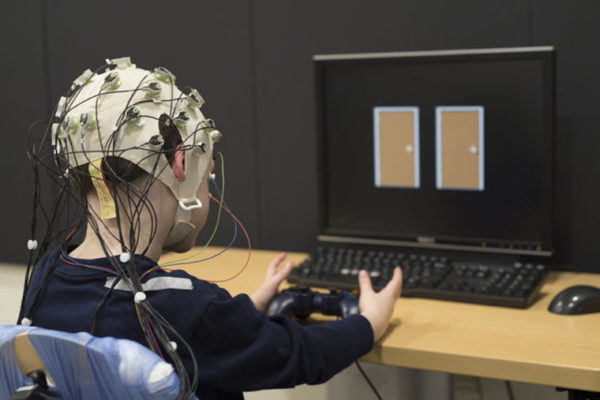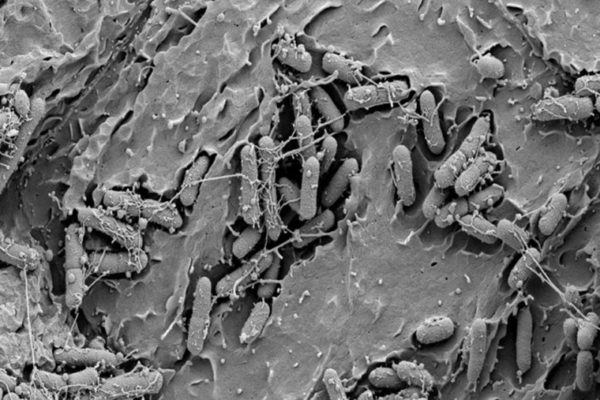Reason you’re late may vary with age
A song is just a song, but as time goes by, something as random as a song’s length could be the difference in whether you miss an important deadline or arrive late for an appointment, suggests time-management research from Washington University in St. Louis.
Landmark Alzheimer’s prevention trial to evaluate third drug
An international team led by Washington University School of Medicine in St. Louis has selected a third investigational drug to be tested in a worldwide clinical trial — already underway — aimed at finding treatments to prevent Alzheimer’s disease.
Missing diamonds
A Washington University physicist practiced at finding tiny diamonds in stardust from the pre-solar universe has repeatedly failed to find them in Younger Dryas sedimentary layers, effectively discrediting the hypothesis that an exploding comet caused the sudden climate reversal at the end of the last Ice Age.
Men’s soccer team activities suspended indefinitely
Washington University in St. Louis has suspended indefinitely all activities of its men’s soccer team, following serious allegations raised by members of the women’s soccer team of inappropriate behavior directed toward them.
Housing program provides loans, strengthens neighborhoods
The university’s Employer Assisted Housing Program provides up to $8,500 in down payment and closing cost assistance to employees who buy a home in certain nearby neighborhoods. It’s one way Washington University is helping to stabilize the areas surrounding its campuses.
Depressed children respond differently to rewards than other kids
Measuring brain waves, Washington University researchers have found that clinically depressed children don’t respond to rewards the way other children do. The findings may show how the brain processes emotions in young children with depression.
WashU Expert: Fed should’ve waited
The dean of Olin Business School at Washington University in St. Louis says while the Fed’s rate hike was widely anticipated, he would have liked to see the Fed hold off until President-elect Trump’s inauguration.
A Washington University gift guide
From music to massages, and clothes to cooking classes, Washington University offers great gifts for every interest.
Novel approach shows promise against UTIs
School of Medicine scientists have designed small molecules that prevent bacteria from sticking to the wall of the bladder, halting the development of urinary tract infections in mice. The technology is the basis of a startup company: Fimbrion Therapeutics.
‘Come Sing With Us’
A new program, organized by the Department of Music in Arts & Sciences and local nonprofit Maturity and Its Muse, brings together student vocalists and local memory care patients.
View More Stories









